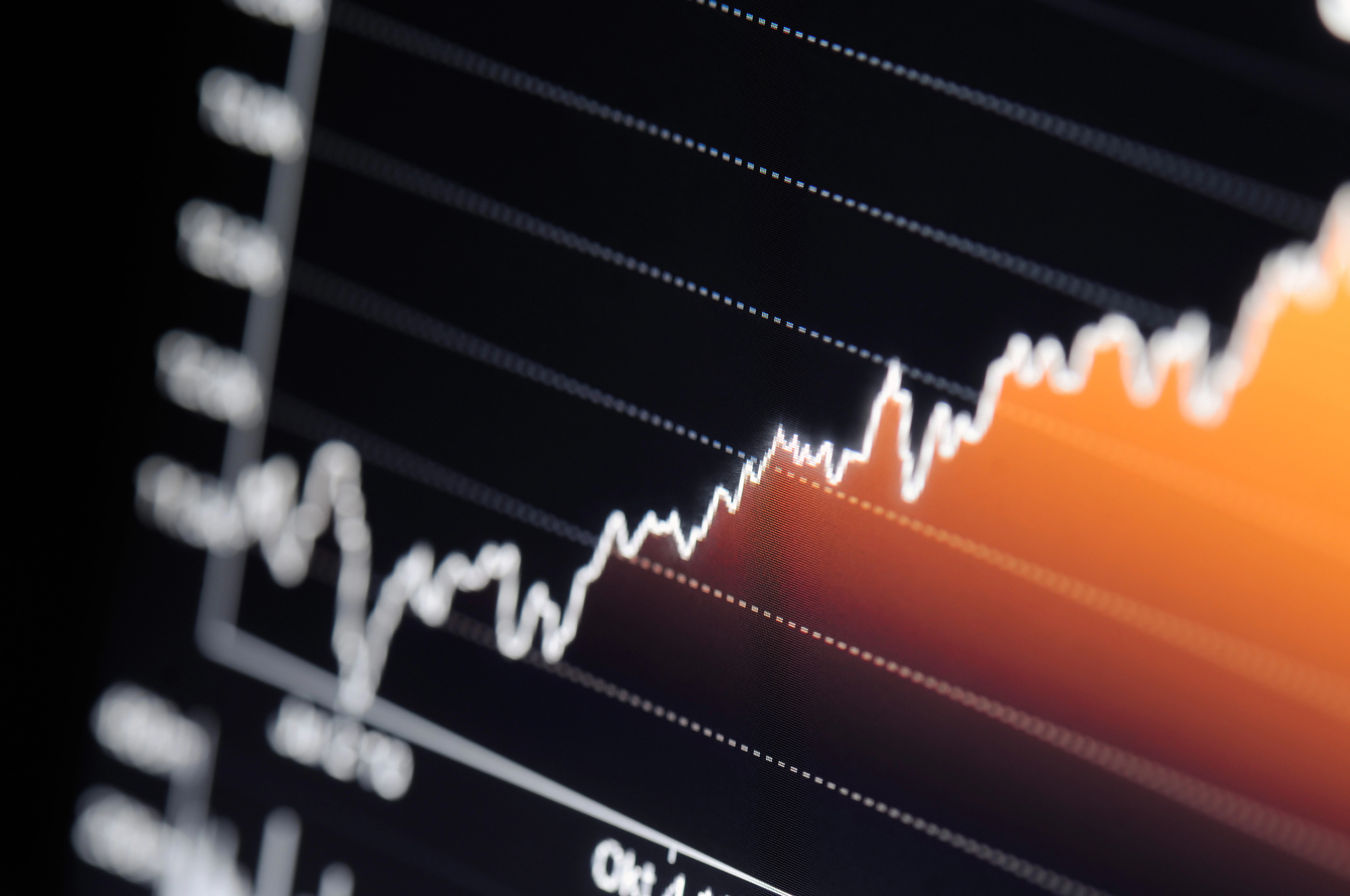Reform Index is +1.4 points for the period from April 20 to May 3, 2020 out of possible range from —5.0 to +5.0. In the previous round, the index was +0.2 points.
Chart 1. Reform Index Dynamics

Chart 2. Reform Index and its components in the current round

Law on the circulation of agricultural land, +3.0 points
Law 552-IX of 31.03.2020 gave the owners of agricultural land the opportunity to dispose of it: buy, sell, or rent. For many years there was a moratorium on the sale of these lands, so the most common practice of land relations was rent. Agricultural land currently accounts for 42 of Ukraine’s 60 million hectares.
When Ukraine gained independence, agricultural land mostly belonged to former state farms and collective farms. In 1995, the President issued Decree № 720/95, which provided for the distribution of land between current and former employees of agricultural enterprises. The Land Code in force at the time prohibited owners from selling their plots for six years after they received it from the state.
The ban expired in 2001, but a few months later the new Land Code prohibited the alienation of agricultural land for another 5 years. Then Parliament extended this moratorium many times for different periods.
This moratorium artificially reduced the cost of land, so agricultural producers could rent it incredibly cheaply. In fact, he acted as a “subsidy” for agricultural producers at the expense of landowners. However, because it was not possible to acquire land ownership, it was not profitable for producers to develop activities that require significant investment with a payback period of several years. In particular, it was not profitable to develop the cultivation of horticultural and berry crops, or to invest in irrigation.
The new law on the agricultural land market is the beginning of solving this problem. Now people, the state, local communities and companies with Ukrainian owners will be able to buy land. However, companies will be able to buy land starting from 2024. At the same time, the total area of land owned by a person can not exceed 10 hectares.
The law did not remove the restrictions on the purchase of land by foreigners and established that they can obtain this right only if such a decision is made in a national referendum. The sale of agricultural land of state and communal ownership is still prohibited.
More flexible rules for managing troubled assets of state-owned banks, +2.0 points
According to the results of 2019, the share of troubled assets in state-owned banks remained at almost 50%. Banks should build up reserves for expected losses from the write-off of such assets. To get rid of such assets, the bank can sell the debt, write it off in whole or in part, convert it into the debtor’s capital, and so on.
The National Bank of Ukraine set the basic rules for the management of such assets last summer. However, there was still a number of unresolved issues for state-owned banks.
Government Decree № 281 of 15 April 2020 closed this regulatory gap and established rules for the management of distressed assets of state-owned banks.
The employee will be able to choose the bank to get her/his salary, +2.0 points
When paying salaries to employees, the company uses so-called “salary projects”. They open accounts for employees in a chosen bank and transfer money there. Thus, until today, the employee often could not choose the bank to which the company transfers his salary.
Resolution of the NBU № 56 of April 24, 2020 changed the procedure for salary transfers.
Chart 3. Value of Reform Index components and number of events

Reform Index aims to provide a comprehensive assessment of reform efforts by Ukraine’s authorities. The Index is based on expert assessments of changes in the regulatory environment in five areas:
- Governance
- Public Finance
- Monetary system
- Business Environment
- Energy
For details please visit reforms.voxukraine.org
Attention
The author doesn`t work for, consult to, own shares in or receive funding from any company or organization that would benefit from this article, and have no relevant affiliations



